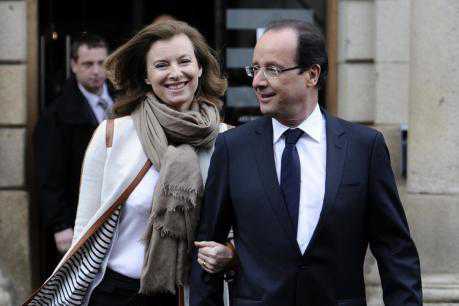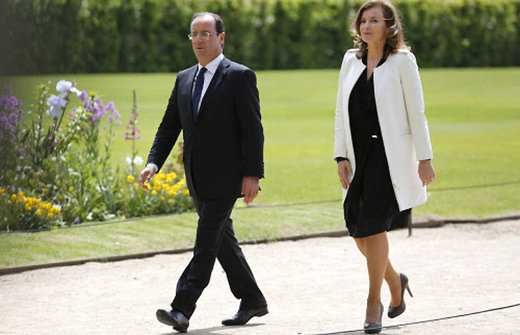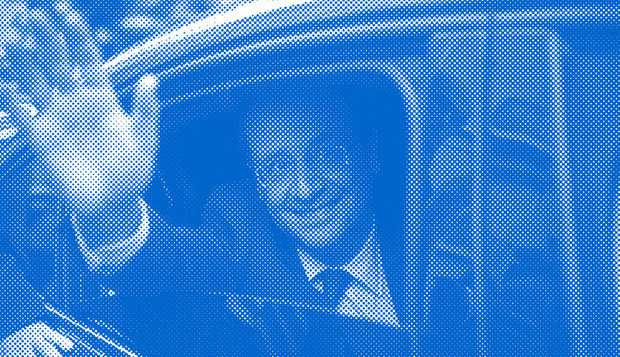Turkey sees France’s Hollande lifting EU veto
By Ayla Jean Yackley and Ceyda Caglayan
ISTANBUL | Wed Jun 27, 2012 12:20pm EDT

(Reuters) – Turkey expects France to unblock talks that are essential if it is ever to join the European Union, now that Socialist President Francois Hollande has replaced Nicolas Sarkozy who was outspoken in opposing the Muslim country’s bid to join the bloc.
“We are entering a new period in relations with France after Hollande’s election,” EU Affairs Minister Egemen Bagis said in an interview late on Tuesday. “It now makes sense for the block that stemmed from Sarkozy’s own personal whim to be lifted.”
Hollande has backed away from Sarkozy’s stark opposition to Turkey entering the EU but any shift in position from Paris will have more symbolic resonance than practical effect.
Turkey began talks in 2005 but has only completed one of the 35 policy “chapters” that every candidate must conclude to join the EU. Bagis expects Paris to lift its veto on talks about five chapters, but even that would leave other areas stalled.
All but 13 chapters are blocked by France, Cyprus – the island state which Turkey does not recognize – and the European Commission, the EU’s executive arm which says Turkey does not yet meet the required standards on human rights and freedom of speech and religion.
Ankara said last week it would restore all ties with France after Prime Minister Tayyip Erdogan met Hollande, smoothing over a row about the World War One killings of Armenians by Ottoman Turks.
Last year Turkey cancelled economic, political and military meetings with Paris after the French parliament voted to make it illegal to deny that the massacres were genocide. The law was struck down by a top court.
While Hollande has stopped short of endorsing Turkey’s EU candidacy, he has said it should be judged on political and economic criteria – a contrast to Sarkozy’s position that Turkey did not form part of Europe.
But public opinion in France makes it difficult for politicians to explicitly back the candidacy. A survey by pollster IFOP in 2008 found 80 percent of the French were opposed to Turkey joining, the highest among the seven EU countries questioned.
France’s foreign ministry was not available for comment, but a French diplomatic source said that while the lifting of the Turkish sanctions “transforms our bilateral relations”, no decision had yet been made on the accession talks.
“I think Bagis is going a little bit far. What we will do is to study at European level what is on the table with the Turks, the chapters etcetera, but at this stage we haven’t defined a position,” the source said.
Despite the slow progress, Turkey still expects to join the EU before 2023, the centenary of its founding as a secular republic, Bagis said, adding that the euro zone’s economic crisis was no deterrent.
“This economic crisis will soon be over, and the EU will continue to be the grandest peace project in the history of mankind,” he said. “As a Muslim, secular democracy … what Turkey can do is turn this continental peace project into a global one.”
CYPRUS HEADS EU
Turkey’s position on Cyprus means that it will decline to open any new talks for the next six months during which Cyprus holds the rotating EU presidency.
Cyprus has been divided between ethnic Greeks and Turks since 1974 when Turkey invaded in response to a short-lived coup by Greek Cypriots aimed at uniting the island with Greece. The Greek Cypriot-run state joined the EU in 2004.
Erdogan said last year Turkey would freeze ties with the EU when Cyprus assumes the presidency on July 1, something European Parliament President Martin Schulz called “impossible”.
Bagis said the presidency was largely symbolic and Turkey would continue working on membership criteria with the European Commission.
“We will not be forced into recognizing a country we have not recognized so far just because others call it the president,” Bagis said.
“No chapter will open during this time, because we have declared we will not engage with the president, but we expect several chapters to open in the subsequent period when Ireland takes over the presidency,” he said.
As for talks between Cypriot President Demetris Christofias and Turkish Cypriot leader Dervis Eroglu, which sources says are deadlocked, Bagis said Turkey and its Turkish Cypriot partners would not allow Greek Cypriots to return to the deserted district of Varosha until a full settlement is reached.
That rebuffs an offer from Christofias to open policy chapters it has blocked in exchange for Varosha, Cyprus’ main tourism hub until Turkish forces seized it after the invasion.
“Varosha is part of a comprehensive settlement,” Bagis said. “We will not play our trump card to open a chapter. We’re not going to grow any taller with the opening of a new chapter.”
Turkey refuses to open its sea and air ports to Cyprus, required by the EU for its negotiations to progress, until the EU allows direct trade with Turkish Cypriots, diplomatically isolated and economically dependent on Turkey, despite voting in a 2004 referendum to join the EU and reunify with Greek Cypriots, who rejected the U.N. plan. (Additional reporting by Daniel Flynn and John Irish in Paris; Editing by Robin Pomeroy)
via Turkey sees France’s Hollande lifting EU veto | Reuters.



